- 09400777780, 09400777790
- info@ilbc.edu.mm, recdept@ilbc.edu.mm

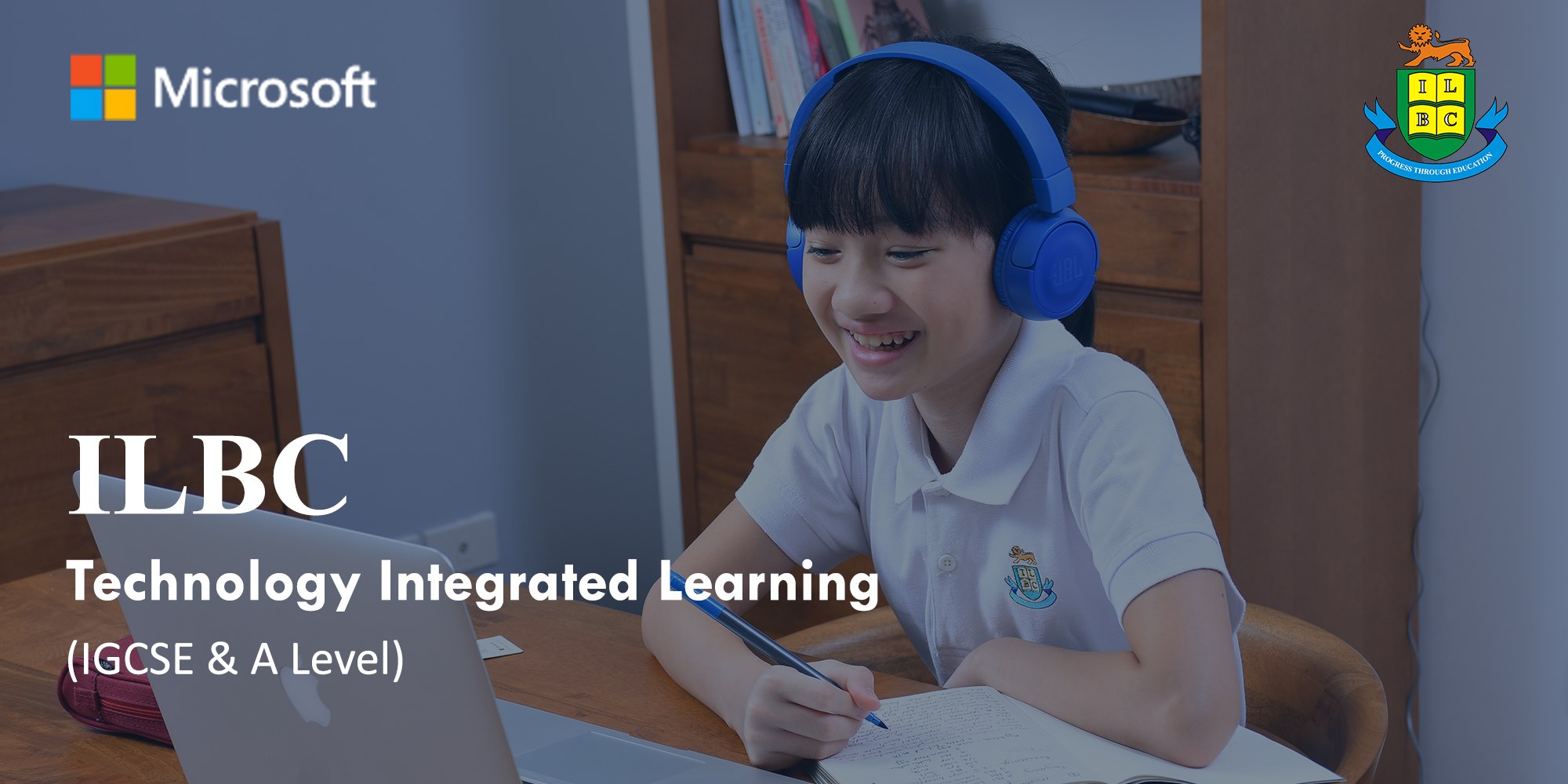
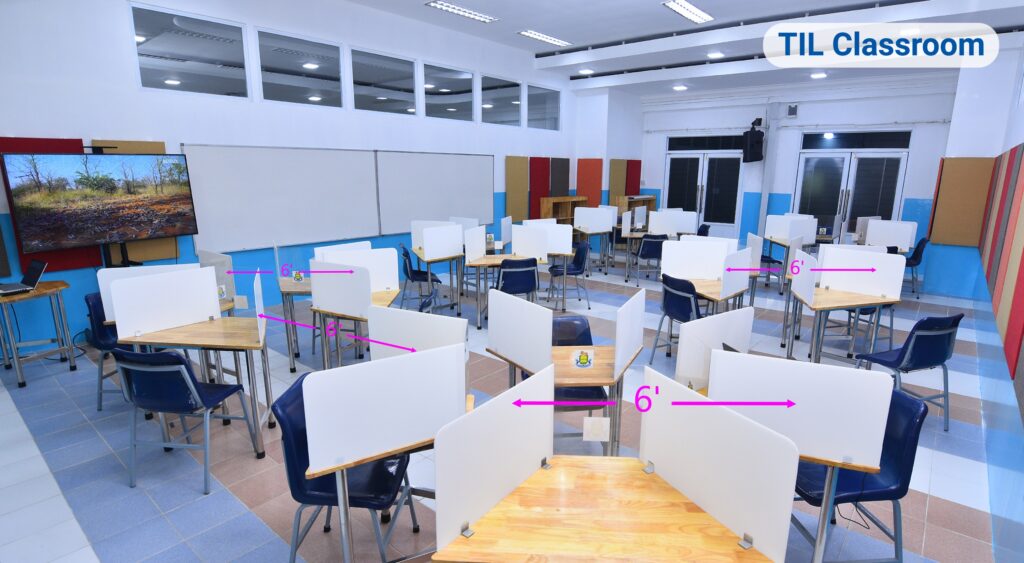
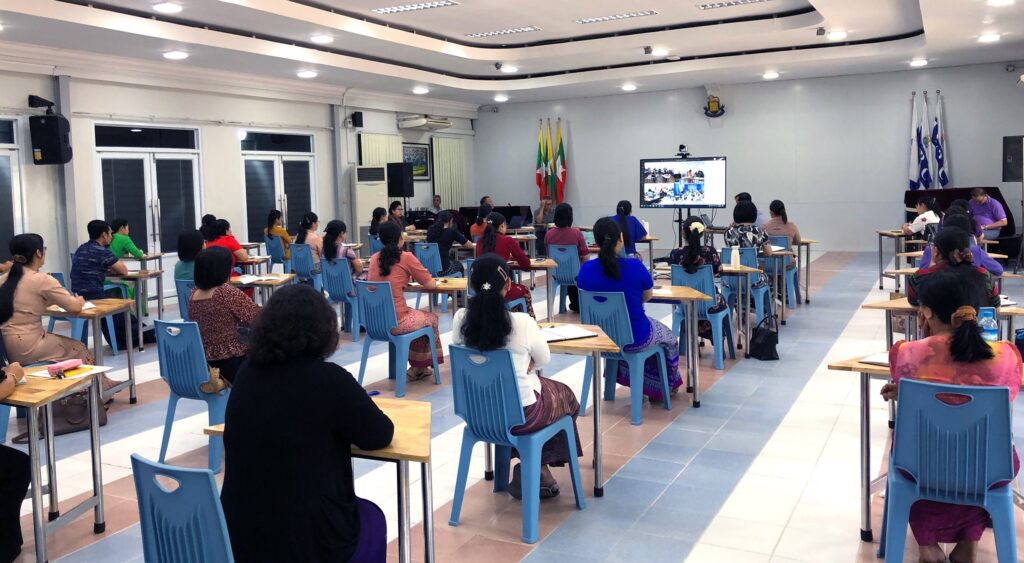
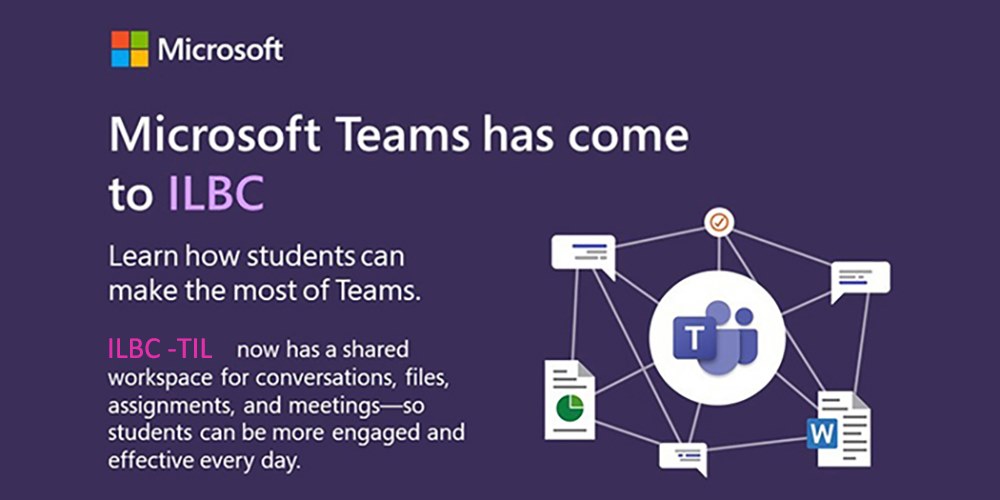
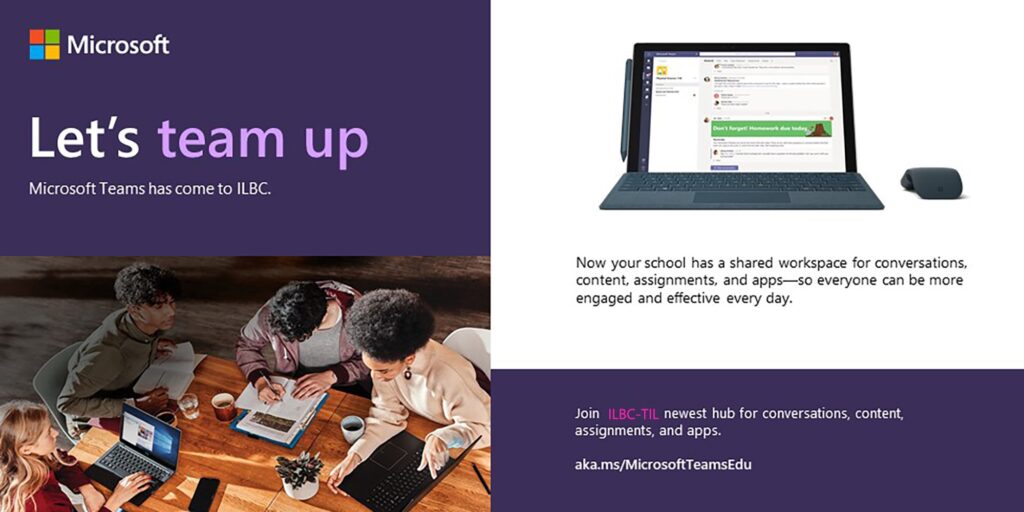
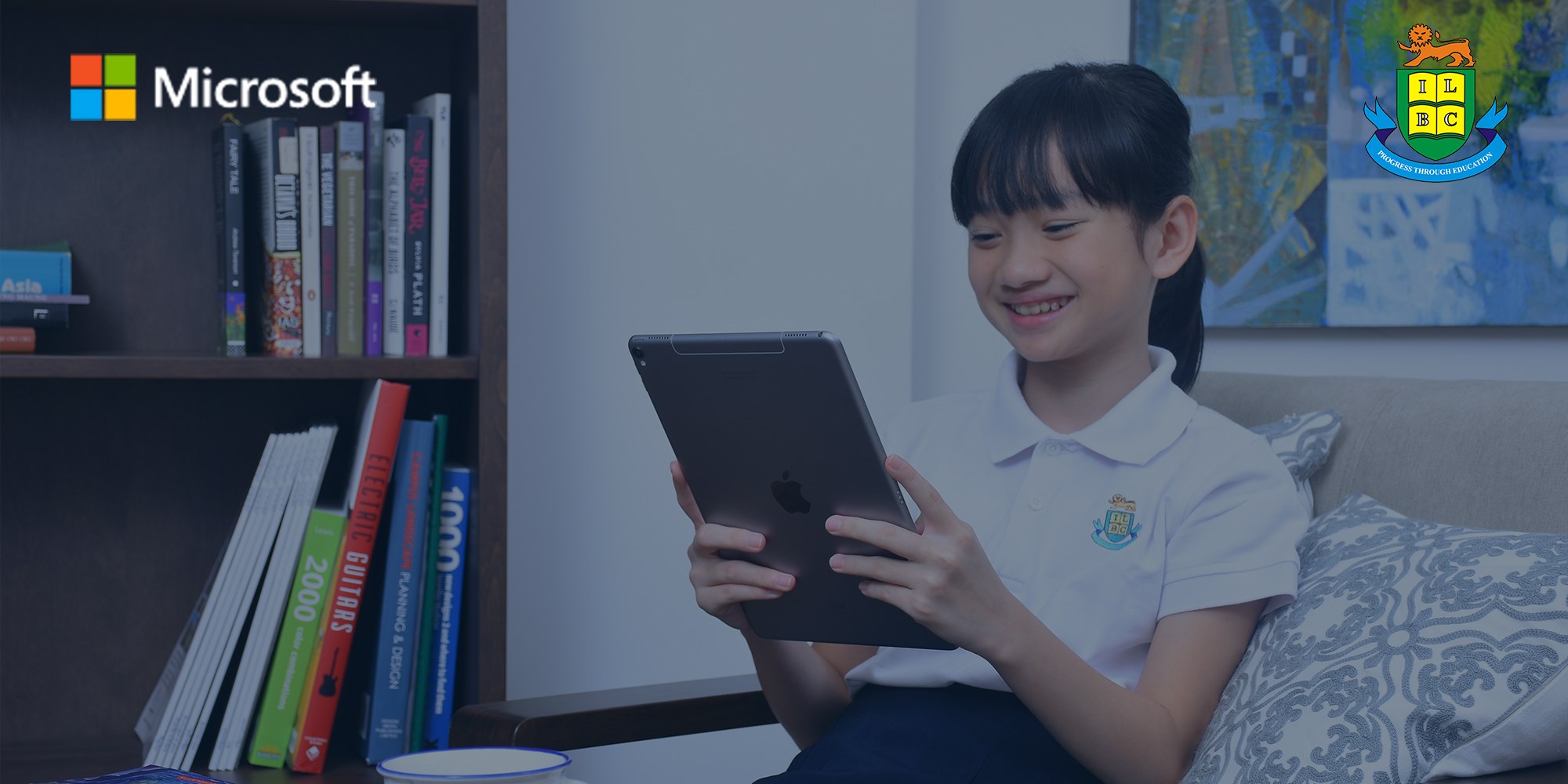
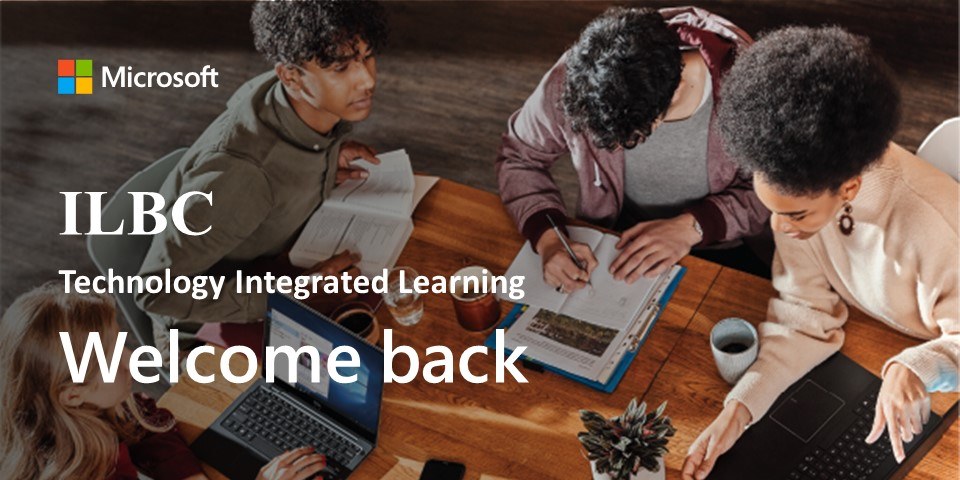

| Placement Test Fee | 50,000 |
| Admission Fee (New Student) | 500,000 |
| Admission Fee (Old Student) | 100,000 |
| Class | On-Campus School Fee | Online School Fee |
|---|---|---|
| Kindergarten | 959,000 | 494,000 |
| Primary I | 995,000 | 530,000 |
| Primary II | 995,000 | 530,000 |
| Primary III | 995,000 | 530,000 |
| Primary IV | 1,012,000 | 547,000 |
| Primary V | 1,012,000 | 547,000 |
| Primary VI | 1,012,000 | 547,000 |
| Secondary I | 1,035,000 | 570,000 |
| Secondary II | 1,035,000 | 570,000 |
| Secondary III | 1,035,000 | 570,000 |
| Secondary IV | 1,035,000 | 570,000 |
| Secondary V | 1,055,000 | 590,000 |
| Secondary VI | 1,075,000 | 610,000 |
| Class | On-Campus School Fee | Online School Fee |
|---|---|---|
| Kindergarten | 959,000 | 544,000 |
| Primary I | 995,000 | 580,000 |
| Primary II | 995,000 | 580,000 |
| Primary III | 995,000 | 580,000 |
| Primary IV | 1,012,000 | 597,000 |
| Primary V | 1,012,000 | 597,000 |
| Primary VI | 1,012,000 | 597,000 |
| Secondary I | 1,035,000 | 620,000 |
| Secondary II | 1,035,000 | 620,000 |
| Secondary III | 1,035,000 | 620,000 |
| Secondary IV | 1,035,000 | 620,000 |
| Secondary V | 1,055,000 | 640,000 |
| Secondary VI | 1,075,000 | 660,000 |
| Class | On-Campus School Fee | Online School Fee |
|---|---|---|
| Kindergarten | 920,000 | 430,000 |
| Primary I | 930,000 | 440,000 |
| Primary II | 930,000 | 440,000 |
| Primary III | 930,000 | 440,000 |
| Primary IV | 940,000 | 450,000 |
| Primary V | 940,000 | 450,000 |
| Primary VI | 940,000 | 450,000 |
| Secondary I | 949,000 | 459,000 |
| Secondary II | 949,000 | 459,000 |
| Secondary III | 949,000 | 459,000 |
| Secondary IV | 979,000 | 489,000 |
| Secondary V | 989,000 | 499,000 |
| Secondary VI | 999,000 | 509,000 |
| Class | On-Campus School Fee | Online School Fee |
|---|---|---|
| Kindergarten | 939,000 | 474,000 |
| Primary I | 967,000 | 502,000 |
| Primary II | 967,000 | 502,000 |
| Primary III | 967,000 | 502,000 |
| Primary IV | 992,000 | 527,000 |
| Primary V | 992,000 | 527,000 |
| Primary VI | 992,000 | 527,000 |
| Secondary I | 1,015,000 | 550,000 |
| Secondary II | 1,015,000 | 550,000 |
| Secondary III | 1,015,000 | 550,000 |
| Secondary IV | 1,035,000 | 570,000 |
| Secondary V | 1,055,000 | 590,000 |
| Secondary VI | 1,075,000 | 610,000 |
| Class | On-Campus School Fee | Online School Fee |
|---|---|---|
| Kindergarten | 875,000 | 410,000 |
| Primary I | 895,000 | 430,000 |
| Primary II | 895,000 | 430,000 |
| Primary III | 895,000 | 430,000 |
| Primary IV | 915,000 | 450,000 |
| Primary V | 915,000 | 450,000 |
| Primary VI | 915,000 | 450,000 |
| Secondary I | 935,000 | 470,000 |
| Secondary II | 935,000 | 470,000 |
| Secondary III | 935,000 | 470,000 |
| Secondary IV | 955,000 | 490,000 |
| Secondary V | 975,000 | 510,000 |
| Secondary VI | 995,000 | 530,000 |